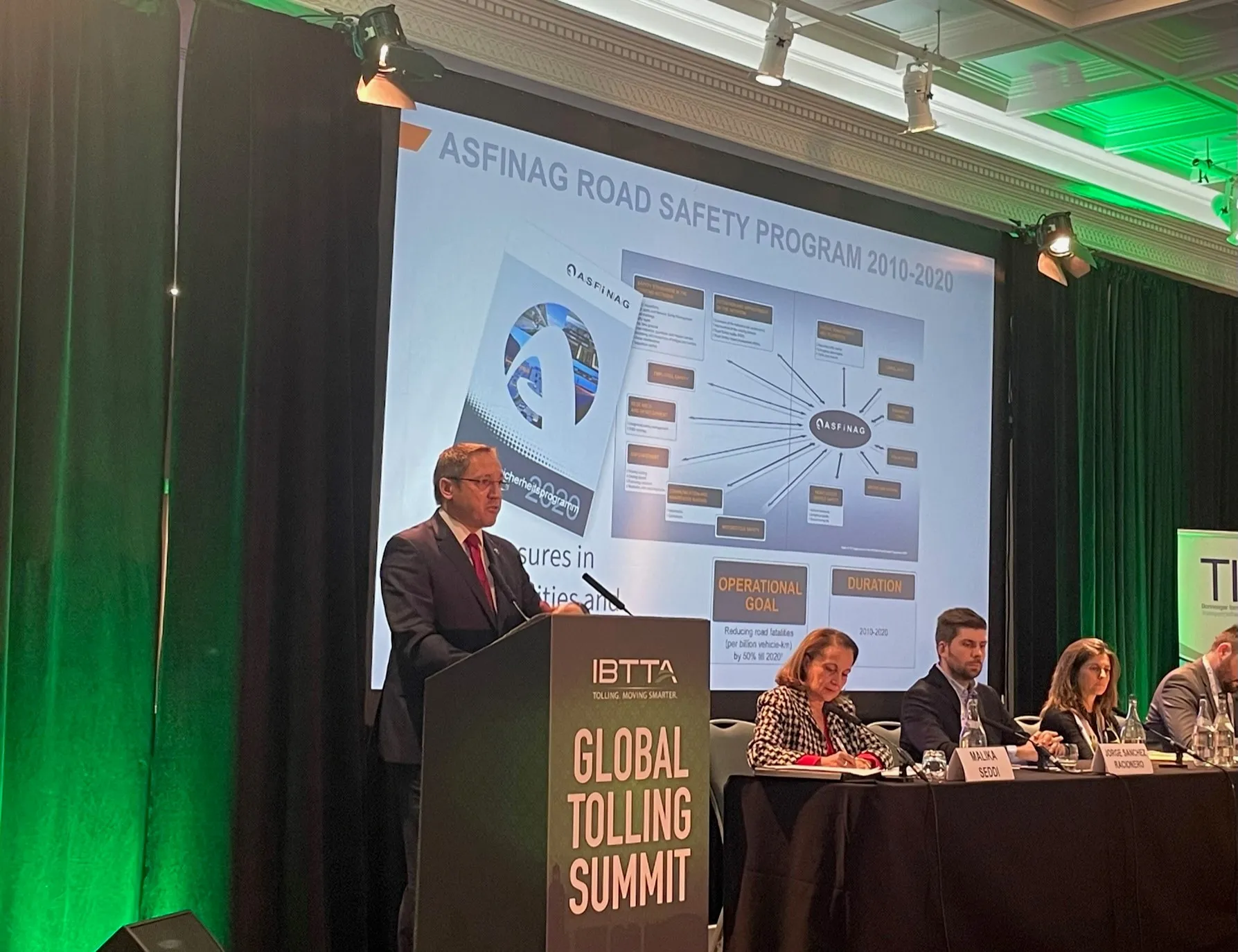Governments are “lagging behind” in developing regulations to ensure the safety of autonomous vehicles (AVs).
This was among the main messages from a key session at this week’s Consumer Electronics Event 2019 event in Las Vegas, US.
Speaking during ‘Mobility and Connectivity Perspectives from the C-suite’, Joe Vitale, global automotive leader at Deloitte, said the company’s yearly consumer study has shown that more people feel getting into an AV is unsafe, which is in part due to the deaths caused by the technology.
“The big question is going to be as more and more vehicles become tested under higher speeds we’re going to see more accidents and more deaths and how that affects consumers’ perception and the way regulators put standards in place,” Vitale added.
He predicted that the industry will achieve SAE (formerly the US Society of Automotive Engineers) Level 3 autonomy in the next two to five years and will reach Level 4 in the next decade or two.
Chris Penrose, AT&T president of IoT Solutions, stated there is an issue about whether it is possible to reduce accidents and fatalities around the world on the road with these technologies.
Sandy Shirai, US technology, media and telecommunications leader at Deloitte, said there are more advanced driver assistance systems being installed in new cars.
“You also have the potential to fit those technologies into legacy cars, and as you see the bending of the curve in automobile fatalities and injuries, then maybe the government and public perception will improve,” Shirai added.
Governments must develop regulations to ensure AV safety, experts warn
Governments are “lagging behind” in developing regulations to ensure the safety of autonomous vehicles (AVs).
This was among the main messages from a key session at this week’s Consumer Electronics Event 2019 event in Las Vegas, US.
Speaking during ‘Mobility and Connectivity Perspectives from the C-suite’, Joe Vitale, global automotive leader at Deloitte, said the company’s yearly consumer study has shown that more people feel getting into an AV is unsafe, which is in part due to the deaths caused b
January 9, 2019
Read time: 2 mins








